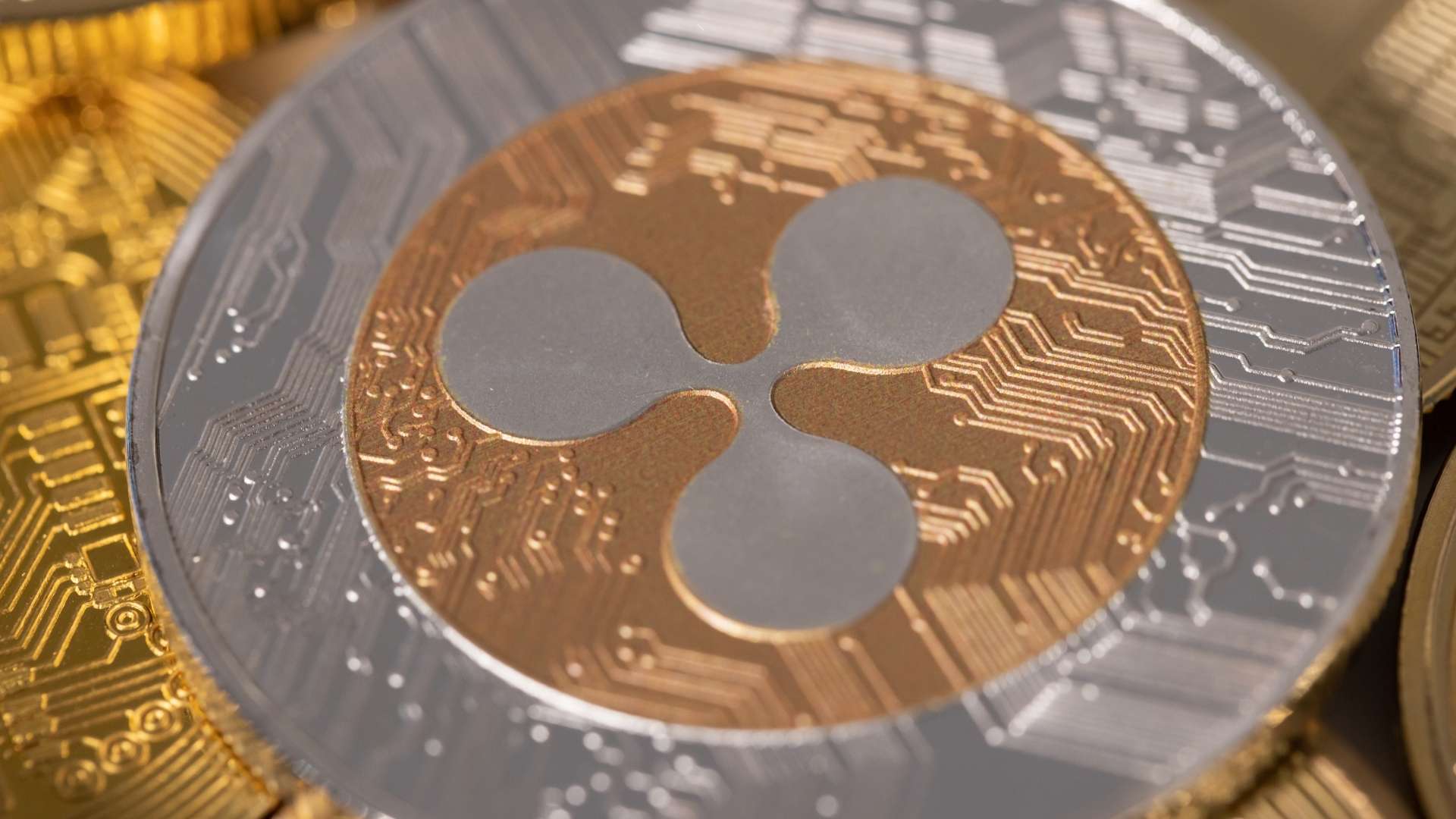How AI and Blockchain Are Merging to Optimize Asset Tokenization
With the evolution of global financial systems, the convergence of two revolutionary technologies, viz., blockchain and AI, is poised to unleash unparalleled amounts of efficiency in asset tokenization. Together, these technologies are transforming how real-world assets are tokenized, owned, and traded, and ushering in a new era of smart, trustless, and scalable finance.
Understanding Asset Tokenization
Asset tokenization is the process of moving the rights to a tangible asset such as property, art, commodities, or private equity to a digital token on a blockchain. The tokens can be bought, traded, or sold and offer fractional ownership, greater liquidity, and better market accessibility to investors.
The value proposition is self-evident: tokenization makes investment possible for all and brings illiquid assets into the digital economy. However, for tokenization to achieve its maximum potential, it must overcome operational, technical, and regulatory hurdles. That's where the alignment of AI and blockchain is a game-changer.
Current Limitations in Tokenization Process Flows
Tokenization of assets, while promising, is still hindered by:
- Slow and error-prone manual due diligence and compliance screening.
- Static or opaque asset valuations, which limit investor trust.
- Complex legal and smart contract development, which restrict token issuance.
- Limited market intelligence, which makes it difficult to measure investor sentiment or establish best-in-class pricing.
- Inefficiencies in onboarding, monitoring, and reporting assets.
Filling these gaps requires intelligent automation, and that is where AI comes in.
How AI Complements Blockchain
Blockchain provides immutability, transparency, and trustless transactions. But it doesn’t inherently possess the ability to learn, adapt, or make predictions.
Artificial intelligence brings these capabilities to the table. By processing vast amounts of structured and unstructured data, AI systems can detect patterns, make real-time decisions, and optimize complex processes, turning blockchain’s robust ledger into a dynamic engine for smart financial innovation.
Together, AI and blockchain create a synergistic ecosystem: blockchain ensures secure data integrity, while AI extracts actionable intelligence from that data.
Enhancing the Tokenization Lifecycle with AI
Let's discover how AI is transforming each step in the tokenization journey:
1. Due Diligence and Compliance (KYC/AML)
AI-powered solutions automate know-your-customer (KYC) and anti-money laundering (AML) through:
- Facial recognition, OCR, and biometric identity verification.
- Screening users against global sanction and watchlists.
- Real-time risk scoring from behavioral data.
Not only does it reduce onboarding time but it also increases regulatory compliance, a critical need in institutional-grade tokenization.
2. Asset Valuation and Risk Analysis
Asset valuation in the past relied on historical data and conventional models. AI enables:
- Real-time valuation vis-a-vis market trends, peer groups, and macroeconomic variables.
- Risk forecasting analytics that examine future asset performance using ML models.
This helps token issuers to offer more transparent and rational pricing, boosting investor trust.
3. Optimization of Smart Contract Testing
AI can also help in smart contract verification to point out vulnerabilities or inefficiencies in code before they are deployed. AI-based contracts in the long run can help eradicate human error and bring standardization in token releases.
Moreover, NLP algorithms can help in converting legal agreements into machine-readable smart contracts so that legal complexity is easy to manage.
4. Fraud Detection and Transaction Monitoring
AI programs are effective in detecting abnormalities in transaction pattern behavior, alerting issuers and exchanges to potential fraud. Pre-emptive surveillance safeguards the security of tokenized asset marketplaces.
5. Investor Insights and Market Intelligence
By analyzing social media, news, and investor behavior, AI software is able to:
- Quantify sentiment trends on Twitter, LinkedIn, and Reddit.
- Predict investor interest in upcoming token offerings.
- Optimize token distribution strategies through demand forecasting.
These discoveries allow issuers to make more informed, fact-based decisions and tailor products to the requirements of investors.
Real-World Applications in Action
Although this convergence is only beginning, we already see some initial applications:
- A real estate firm using AI to automate market valuations and tokenize fractional ownership of luxury apartments.
- A tokenization platform using AI to dynamically adjust the conditions of smart contracts based on real-time compliance flags.
- An investment vehicle using NLP to sweep earnings reports and news for tokenized equity pricing powered by AI.
As adoption grows, these examples will become the rule rather than the exception.
The Zoniqx Advantage
Zoniqx is taking the initiative to achieve simple and secure asset tokenization. Blockchain is the pillar, but Zoniqx also envisions the future role of AI in this ecosystem expansion.
At present, there’s active work going on toward AI-driven enhancements to:
- Streamline and improve compliance processes.
- Enforce improved asset onboarding and pricing.
- Deliver actionable insights to issuers and investors.
By combining AI’s intelligence with blockchain’s trust infrastructure, Zoniqx aims to make tokenization smarter, faster, and more scalable, bridging the gap between legacy finance and digital assets.
Challenges to Address
Despite the promise, this convergence isn’t without concerns:
- Data privacy: AI systems require vast amounts of data. Balancing that need with privacy laws (e.g., GDPR) is critical.
- Bias in algorithms: Improperly trained AI models can lead to biased outcomes, especially in KYC or credit scoring.
- Regulatory ambiguity: As regulators catch up to AI and blockchain integration, legal clarity remains a moving target.
However, with thoughtful implementation and responsible innovation, these challenges can be overcome.
The Road Ahead
The integration of AI and blockchain is still in its early stages, but the trajectory is clear. As tokenization becomes mainstream, the need for adaptive, intelligent systems will only grow.
In the near future, we can expect:
- AI-native tokenization platforms that operate autonomously.
- Self-improving smart contracts driven by live data inputs.
- Decentralized AI agents that optimize portfolios, manage tokenized assets, and enforce compliance at scale.
Zoniqx is committed to shaping this future, not just by leveraging cutting-edge technology, but by building real-world solutions grounded in security, efficiency, and institutional trust.
About Zoniqx
Institutional-Grade, Secure, and Future-Ready AI-Powered Multi-Chain Technology for Real-World Asset Tokenization
Zoniqx ("Zoh-nicks") is a global fintech leader headquartered in Silicon Valley, specializing in converting real-world assets into Security Tokens. Zoniqx leverages cutting-edge AI-driven multi-chain technology to enable seamless, secure, and regulatory-compliant RWA tokenization. Their platform integrates advanced compliance frameworks, supporting multiple regulatory structures and diverse asset classes.
With AI-powered automation, Zoniqx facilitates global liquidity and seamless DeFi² integration, enhancing accessibility and efficiency. Their interoperable architecture ensures smooth integration across multiple blockchains, while their robust suite of SDKs and APIs empowers developers with powerful tools for innovation. Zoniqx pioneers on-chain, fully automated RWA deployment on public, private, and hybrid chains.
To explore how Zoniqx can assist your organization in unlocking the potential of tokenized assets or to discuss potential partnerships and collaborations, please visit our contact page.



